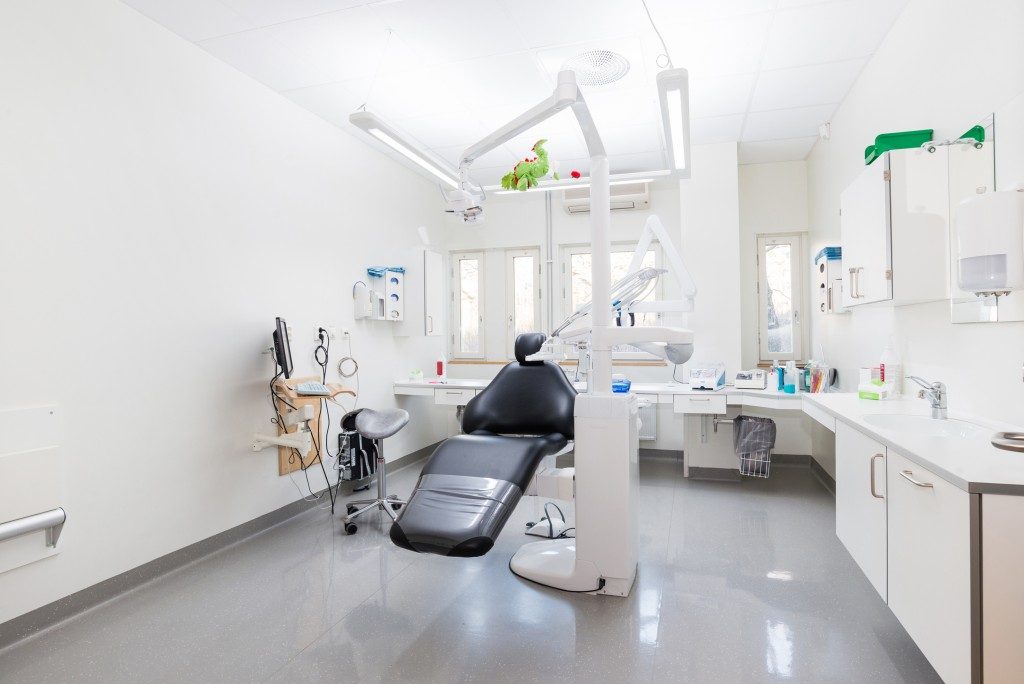- Understand all the potential costs of running a successful agricultural business.
- Land acquisition costs depend on size, location, and water accessibility
- Ongoing expenses of purchasing quality seeds and fertilizers
- Budget for labor cost & farm equipment maintenance services
- Invest in transportation & marketing to get crops sold immediately
Starting an agricultural business can be lucrative, but it also comes with its fair share of expenses and costs. Before you dive headfirst into this industry, it is important to understand what you are getting into.
Being aware of the various costs associated with running an agricultural business will help you make educated decisions and develop a more successful business model. These costs can include:
Land Acquisition
Land acquisition is a primary cost of starting an agricultural business. Depending on the location and size of the land, it can cost you a substantial amount of money. Remember that you may also need to invest in additional equipment, such as tractors, plows, and irrigation systems. Research the different types of land available in your area, and take into account the soil quality, climate, and water accessibility.
Seed and Fertilizer
To grow bountiful crops, you need to purchase high-quality seeds and fertilizers. This is an ongoing expense, and you need to budget for it. Do your research and invest in suitable sources and fertilizers for your location and crop types. You may also need to spend money on pest control and disease management.
Labor

Farming is a labor-intensive industry. You will need to hire a team of workers to assist you in planting, watering, weeding, and harvesting your crops. Labor costs will depend on your location and the minimum wage requirements. This cost could be a significant factor in your business, so invest in the right team of professionals who can work efficiently and effectively.
Equipment and Maintenance
Of course, you will also need to purchase the necessary farming equipment to run your business, such as tractors, plows, and harvesters. You may also need to invest in farm equipment maintenance services to ensure your machinery functions optimally. Lack of equipment maintenance can lead to costly repairs, so don’t overlook this expense.
Transportation and Marketing
Once you have harvested your crops, you must transport them to their destination and market them. This can involve using vehicles, trucks, or trailers, depending on the quantity of goods. Additionally, marketing consists in creating advertisements, a website, and social media platforms, and spreading the word about your business through various channels. This is another expense that comes with running an agricultural business.
Regulations, Permits, and Insurance
Finally, cover all the legalities of starting an agricultural business. Get the proper licenses, permits, and insurance to operate in your area. To avoid legal issues, familiarize yourself with the regulations and restrictions regarding farming practices in your state or country.
Tips to Save Money
While there are many costs associated with starting an agricultural business, there are also ways to save money. Here are some tips:
Start Small
Starting small is an excellent way to save money when starting an agricultural business. Do not overextend yourself with too many acres of land; grow only what you can manage. Starting with a small plot gives you the time to learn about the crop you’re growing and how to manage it effectively while reducing the capital expenditures.
Find Cheaper Land

The land is one of the most significant expenses of starting an agricultural business. It’s essential to ensure the land you purchase is the right fit for your business while not breaking the bank. Look for land in areas with relatively low property values or purchase less productive land to save costs. If you plan on buying land, it’s important to research all available financing options before committing to a mortgage.
Repair and Refurbish Equipment
The right equipment can make or break an agricultural business. Investing in new machinery can be expensive, but purchasing refurbished or repairing existing machinery can be cost-effective. Before buying new machinery, research and compare options – check if there are any refurbished options or wait for sales or discounts.
Use efficient crop methods
Traditional crop practices or pesticide-heavy methods can be expensive. Optimizing your crop yields with good seed variety, good soil management, and proper record-keeping can all help to increase your productivity and reduce your costs. Take the time to study the latest technology and implement the right crop method for the job.
Final Thoughts
Starting an agricultural business requires careful planning and budgeting activities. You must consider all the expenses associated with land acquisition, seed and fertilizers, labor, transportation and marketing, regulations, permits, and insurance. Always remember to factor in any unforeseen expenses that may arise, and work with professionals who have experience in the industry to help maximize your profits.




